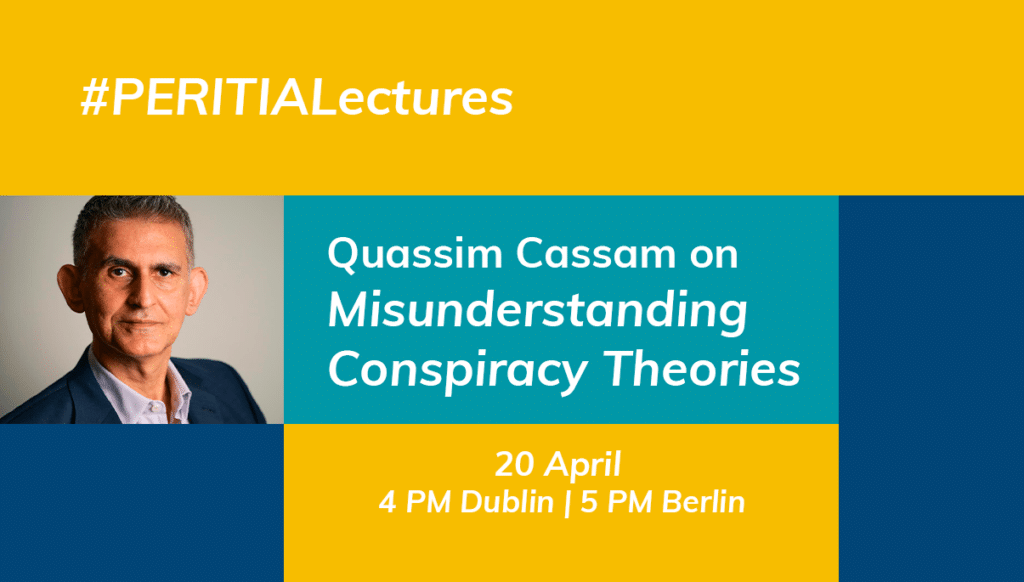Watch Naomi Oreskes on Trust in Science | PERITIA Lectures
It is not enough to say “trust us, we are scientists”, claims Naomi Oreskes in the first talk of the PERITIA Lectures [Un]Truths: Trust in an Age of Disinformation. The series, which started on 6 April and continues next Tuesday, explores the concept of trust and truth in light of current events. You can now watch her lecture on trust in science.
“No matter what we do, we can never say that something has been proven, in an absolute sense”, starts Oreskes in her talk. At the same time, science may be what takes us closer to the truth.
“Can we reconcile the fact that science is inherently uncertain, with the claim that scientists are “closer than anyone else” to the truth, in their areas of study, than anyone else?”, asks Oreskes, Professor the History of Science at Harvard University and author of “Why Trust Science?” (Prince University Press, 2019).
In a 20-minute lecture, the researcher walks us through the intrinsic dilemmas of science. The justified questions posed by the public on why science should deserve their trust. The uncertainty of the scientific process, well-known by scientists themselves, but not enough discussed in public debates. Or the deliberate attempts to contest science by politically or economically motivated actors.
But if something we have learnt in the Covid-19 pandemic, this is that not trusting science or trusting the wrong science has real-life consequences. Is it worth to accept the risks of trusting science even if we are not able to judge it? Is trusting science simply a leap of faith? If so, what is the difference between trusting science or believing in God? How can we trust better?
Oreskes is an internationally renowned geologist, science historian, and author of both scholarly and popular books and articles on the history of earth and environmental science. Her authored or co-authored books include, among others, Merchants of Doubt (2010), Discerning Experts (2019), and Science on a Mission: How Military Funding Shaped What We Do and Don’t Know about the Ocean (2021).
Next lecture, Quassim Cassam on Conspiracy Theories
The series continues on 20 April. Professor Quassim Cassam (Warwick University) will talk about “Misunderstanding Conspiracy Theories”. The registration is free and open to all. We have also made available academic readings for university students, researchers and those who would like to engage with more information in the Q&A discussion.



